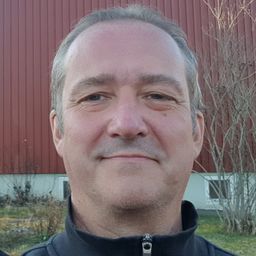History- and heritage making in mining regions with contested pasts and futures
Mon statut pour la session
Quoi:
Paper
Quand:
11:30 AM, Lundi 29 Août 2022
(20 minutes)
Où:
UQAM, pavillon J.-A. De Sève (DS)
- DS-R525
This aim of this paper is to critically discuss corporate history- and heritage making in the colonial context of Arctic Fennoscandinavia. The paper compares the post-extraction histories of two mining regions in the Fennoscandinavian Arctic – the Pite älv river valley in Sweden and the Kolari region in Finland. Both regions are situated in Sápmi, the lands of the indigenous Sami people that spans across the border between Arctic Norway, Sweden, Finland and Russia. The paper explains the role of history and heritage making in conflicts regarding past and future mining projects in this region. The Swedish case includes two projects that the Swedish mining company Boliden AB operated in the 20th century – Laver (1936-1946) and Laisvall (1943-2001). After Boliden closed Laver in 1946, the mining town turned into a ghost town. Decades later the state authorities tried to turn Laver into a cultural heritage site with the aim of making it attractive to visitors and in recent years Boliden
has joined this effort. Their motives for doing so is closely connected to the company’s ambition to re-start mining at Laver, a project which has become highly controversial and still awaits decision at government level. The Finnish case deals with a similar controversy, in which the company Hannukainen mining OY wants to re-open an iron ore mine which was in operation 1975-1990. As a part of their strategy to gain acceptance for re-opening the mine, the company and supporters of the project mobilize the history of the mining sites and argues mining to be a core element of the heritage of the Kolari municipality. Both cases has not only generated a controversy over the future of the region, but also a zone of tension regarding what the history and heritage of the regions are all about – the heritage of reindeer herding by Sámi and other local communities or that of extractive industries? The cases show that even though heritage making may provide opportunities to make something useful out of remains from the past in Arctic communities in need of incomes and a stronger local identity, it can also be a source of conflict creating obstacles to a sustainable future in the Arctic.
